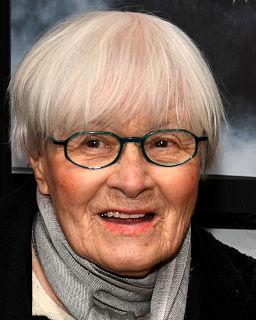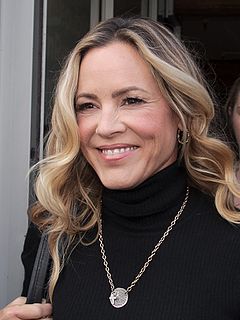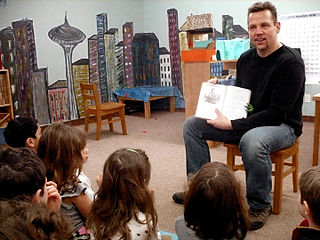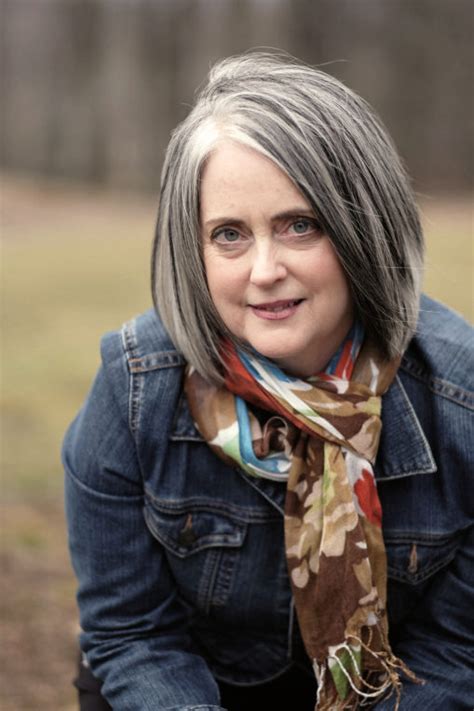A Quote by William Faulkner
With me, a story usually begins with a single idea or mental picture. The writing of the story is simply a matter of working up to that moment, to explain why it happened or what caused it to follow.
Related Quotes
If you want me to explain the picture, if you put it in reality, then the mystery goes away. The situation just catches you and you think it is absurd or mysterious and you just take the picture. You dont want to see the bare reality of what happened. I took the picture as the picture, not as the realistic story of what happened.
Perhaps if there is anything remotely interesting about my writing style, it is this: more often than not I have no idea what the story is going to be about. Sometimes I have a fuzzy vision, or a glimpse of one scene, or a character. But mostly all I have is a random first sentence, and I follow it to see where it might go. For me, writing is the process of discovery, of gradually figuring out what happens in the story and how it ends, that makes writing an interesting process for me.
Translation is harder, believe it or not. You do have to come up with a story, and actually I'm mystified by that process. I don't exactly know how the story just comes, but it does. But in writing a story that you're inventing, versus writing a story that somebody else has made up - there's a world of difference. In translation you have to get it right, you have to be precise in what you're doing.
I don't really have a method or a technical process. I studied [Sanford] Meisner, and that's the thing that really works for me. That sort of instinctual, in the moment, what the other actors do, working off them and letting the story unfold, as opposed to having an idea of what the story should be.
For me, a story begins with music: I feel the rhythm, the cadence, the pulse of the characters and their voices and the setting. Because I had just finished writing a book called 'Black Potatoes: The Story of the Great Irish Famine,' I was already filled with the music of the lives and culture of the Irish people, so I thought, why not use it?
I didn't know how story worked. So, when writing the screenplay, people introduced me to the science of it. And I'm grateful. I'll probably use that information for the rest of my career, in terms of writing novels or writing stories. And then, of course, to help me live a better story, a more meaningful story
The idea that a story has to be 'exceptional' in order to be worth telling is curious to me. What if we looked at every single person's story as a site of possibly infinite meaning? What if we came to believe that there isn't hubris or narcissism in thinking your story might be worth sharing - only a sense of curiosity and offering?





































